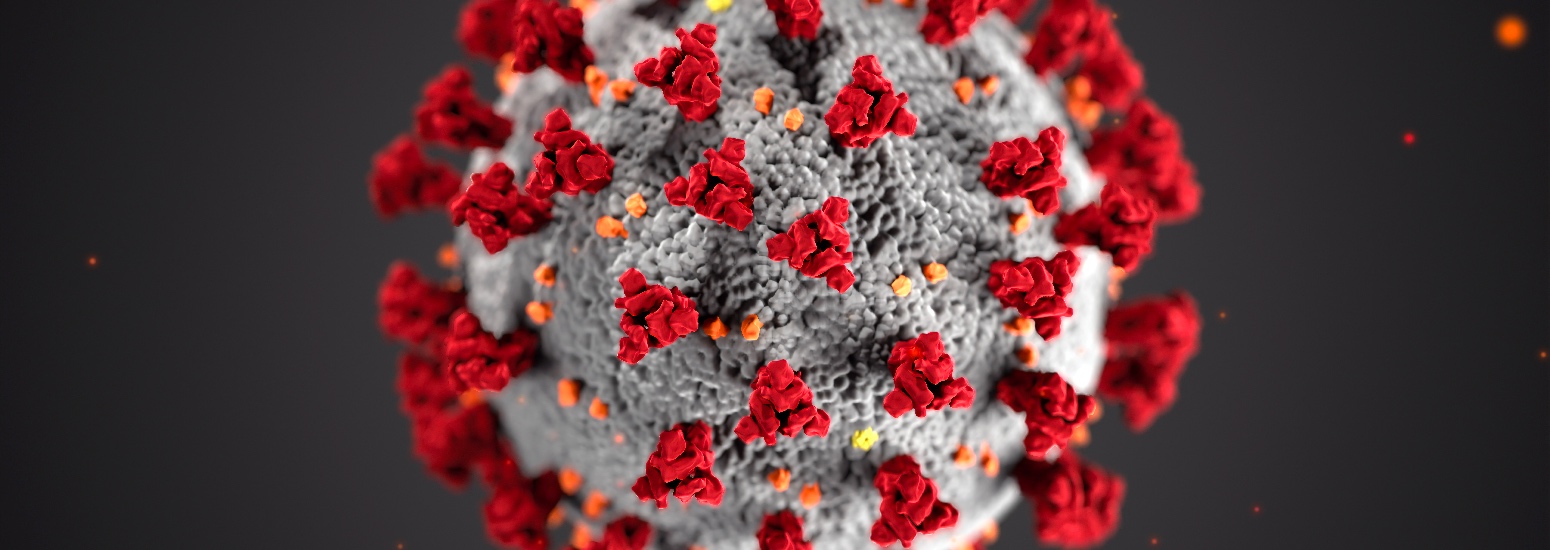
Transforming Global Healthcare in the Wake of COVID-19
One of the major problems the medical industry has experienced in the COVID-19 pandemic is the lack of interoperable data sets; on a local and international level. Doctors, nurses, clinicians, research scientists, medical engineers and healthcare specialists all over the world have been working to find effective vaccines and prevention methods against the virus. AI analysts, 3D printing specialists and motor companies are racing to develop medical equipment and deploy effective testing, detection and quarantine methodologies to track COVID-19.
South Korea has proven how widely available testing, treatment facilities and the use of data monitoring are key to containing a virus like COVID-19. China imposed more draconian measure, locking down whole apartment blocks and even segregating cities.
These countries already have advanced national identity programs and advanced digital infrastructures essential in building analytical models to track COVID-19. In developing nations with little-to-no form of civic registration, tracking and predicting the spread of a virus like COVID-19 would be near impossible.
Quarantine is short term; the real antidote is cooperation.
Over the past three months we have seen that integration and analysis of correct and accurate data is key to understanding and limiting Global outbreaks. Quarantine is a short term essential to stop epidemics but the real antidote is cooperation, not segregation. Cooperation applies to social stand operations, but more importantly in a technologically collaborative framework. Individuals, organisations, institutes and governments need to have the ability to safely share large volumes of data so they can work efficiently together in times of crisis. These are very real issues that are needed to prevent social disruption. In times of crisis and overflow of information our current technologies and infrastructures cannot cope, large retail sites are crashing and imposing “virtual queuing”, experiencing similar problems associated with DDoS attacks. We sufficiently lack the proper tools to comprehend what is happening on a local level and translate that into Global solutions. There is a significant need for a trusted ecosystem where data can be managed and shared to enable the most effective course of action for institutions, organisations and governments.
Gateway’s use of blockchain technology can provide the infrastructure to tackle many of the problem related to interoperable data sets. Blockchain will have immediate effects on supply chain and billing management with significant cost-saving implications: according to a report by BIS Research, “the global healthcare market spend on blockchain is expected to hit $5.61 billion and could save the healthcare industry up to $100-150 billion per year by 2025.” More importantly is how Gateway’s blockchain solution will enable data reliability, algorithmic accountability and data security.
Data reliability and security
Large amounts of data being shared across multiple organisations present a colossal challenge with significant security risks. Especially in healthcare, data mismanagement can have life threatening implications. Gateway, using proven blockchain technologies, can help to solve these solutions in the following way:
- Each person is assigned a unique identifier connected with their biometrics data, ensuring reliable data and later algorithmic accountability for machine learning processes.
- Smart contracts between patient and doctors will enable the faster authentication and permission decision to share data more efficient, ultimately leading to faster diagnosis.
- Blockchain’s immutable nature and use of “zero-knowledge proofs” will ensure data is “tamper-proof” and authentic.
The power of integrating data sets from multiple verticals and organisations
We will run through a few case examples of how digital identity and trusted interoperable data systems could provide vital insight in times of crisis.
Currently, many medical professionals are experiencing problems in accessing “in-need” countries. Medical passports that are issued instantly in a digital manner could easily be shared between neighbouring countries, instantly allowing travel permissions for medical staff and mitigating visa problems at the border.
Digitally authenticating an individual and there address would allow organisations to transact securely in an online platform. Later offering a delivery service and limiting contact with their customers. This would keep commerce alive, saving many small businesses from closing and relieving the strain on resources and bigger retailers.
Image if retailers could share payment data with research institutes; and from the analyse of five recent COVID-19 cases, between unrelated people, scientists were able to positively confirm that all patients had recently eaten at a certain location when they became ill. This level of insight is currently unavailable to researchers as our systems do not allow vital data sets to “talk” to each other.
Mapping Global Healthcare
Mapping global healthcare is definitely the light at the end of the tunnel – sharing accurate data locally and internationally for R&D purposes is the first step of many in the right direction. Gateway will provide the infrastructure needed in Africa to enable governments and organisation the tools to overcome any future outbreaks of influenza or similar viruses. We are moving into a new paradigm, and I will say again, quarantine and isolation are short term solutions, the real antidote is social collaboration and inclusive technologies.



